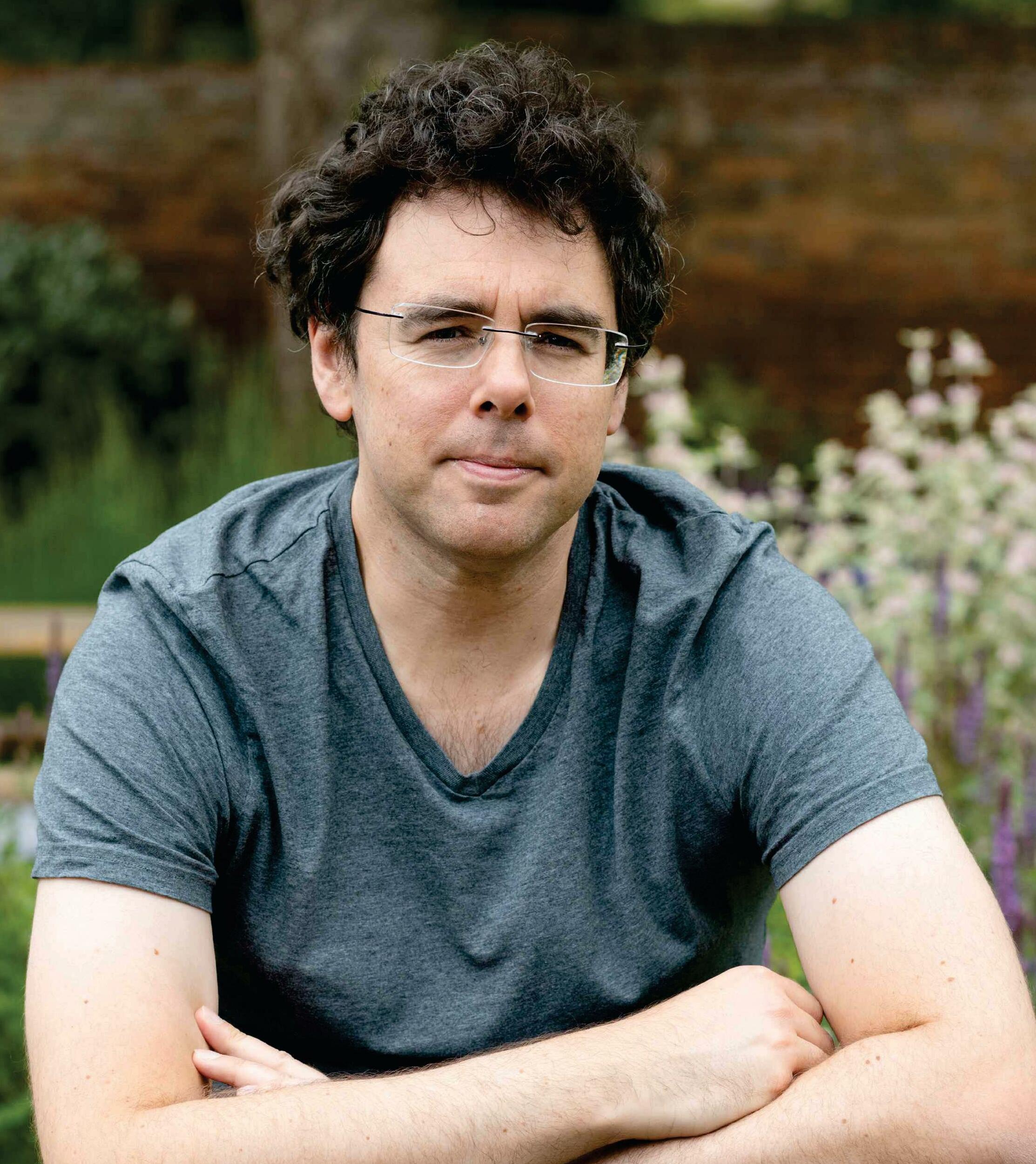Prøve GULL - Gratis
“A connection was made between the rarefied world of the royal court and the politics of the street”
BBC History UK
|August 2025
JONATHAN HEALEY tells Ellie Cawthorne about the dramatic moments that sparked the breakdown of Charles I’s relationship with parliament and the outbreak of the Civil War

Ellie Cawthorne Why was the winter of 1641-42 such a pivotal time in British and Irish history?
Jonathan Healey In the heart of that winter came one of the most iconic moments in English political history. On 4 January 1642, angry at dissent from parliament, King Charles I marched down to the House of Commons and tried to arrest five MPs.
I wanted to tell the backstory of that dramatic, divisive moment. The lead-up had been a really intense period of political strife, popular protest and gradually growing disorder, all of which fed into a very frightening political crisis. Afterwards, the country descended into civil war.
Often when we read books about great revolutions or political events, we look at the deep, long-term causes. However, though that’s important, we also need to recognise trigger moments. Day-by-day or minute-by-minute, it’s often incredibly difficult to see which way things will go — but, as a historian, it’s important to immerse yourself in those turning points.
Can you give us a sense of how parliament functioned at the time?
In the early 17th century, parliament didn’t sit regularly — it was called only when the king needed it. Its role was essentially twofold: to grant taxes, particularly for war, and to propose legislation. That legislation would then get signed off by the king, which was how new laws were made. But increasingly, in the 17th century, parliament started discussing issues of high politics such as foreign policy. In the view of the king, this went beyond its remit - monarchs in this period believed that they alone had the right to decide on foreign policy. However, because they represented the taxpayers who had to pay for the wars, members of parliament felt that they should have a say. That created a flashpoint.
Denne historien er fra August 2025-utgaven av BBC History UK.
Abonner på Magzter GOLD for å få tilgang til tusenvis av kuraterte premiumhistorier og over 9000 magasiner og aviser.
Allerede abonnent? Logg på
FLERE HISTORIER FRA BBC History UK

BBC History UK
On the skids
Richard Rodgers and Oscar Hammerstein II's smash musical Oklahoma! opened on Broadway on 31 March 1943.
1 min
Christmas 2025

BBC History UK
Small pleasures
Memory is imperfect, but what if you could get a professional model maker to recreate a moment from the past?
1 min
Christmas 2025

BBC History UK
Bath in five places
In the Georgian era, Bath became arguably Britain's most fashionable destination. KIRSTEN ELLIOTT promenades five historic highlights
3 mins
Christmas 2025

BBC History UK
End times
Why do civilisations that dominated their epoch fail? In an era of autocracy, climate change, the rise of Al and a first-hand understanding of how deadly pandemics can be, it's a question that seems pertinent.
1 min
Christmas 2025

BBC History UK
What are the origins of the Yule Lads?
To learn about the Jólasveinar (Yule Lads), we must start with their mother, the terrifying ogress Grýla. Her name appeared in Icelandic texts as early as the 13th century, although it wasn’t until later that those 13 mischievous lads became associated with her. Folk tales and poems tell how she descends from the mountains with an empty sack to stuff full of children. Grýla owns the monstrous Jólaköttur (Yule Cat), which roams the countryside on Christmas Eve, searching for children to gobble up if they're not wearing new clothes.
1 mins
Christmas 2025

BBC History UK
Santa Claus v Father Christmas
The true identity of the white-bearded, red-robed figure who fills children's stockings at Christmas has long been debated. Thomas Ruys Smith sizes up the merry contenders
8 mins
Christmas 2025

BBC History UK
Frontier friction
Set in Washington Territory in 1854, The Abandons is a Western that's unusual for having two matriarchs, women whose lives become entangled, at its centre.
1 min
Christmas 2025

BBC History UK
The Last Days of Pompeii: The Immersive Experience
Delve into the culture of daily Roman life, witness the momentous eruption of Mount Vesuvius, and follow its fallout in Immerse LDN's new exhibition. In a blend of cutting-edge technology and vivid storytelling, this exhibition launches visitors into Pompeii's rich history with recreations of the ancient city's beautiful pre-eruption landscape, a 360-degree virtual reality Roman amphitheatre experience, and a digital metaverse recreating Pompeii's 'Villa of Mysteries'.
1 min
Christmas 2025

BBC History UK
Elizabeth Marsh The corsair's captive
Taken hostage by a Barbary ship's captain in the 18th century, a young Englishwoman found herself fighting for her freedom in Marrakech. ADAM NICHOLS introduces a brave captive who later wrote a book about her dramatic experiences
6 mins
Christmas 2025

BBC History UK
29 DECEMBER 1170: Thomas Becket is murdered in Canterbury
Knights loyal to Henry II rid him of the “low-born cleric”
2 mins
Christmas 2025
Listen
Translate
Change font size
